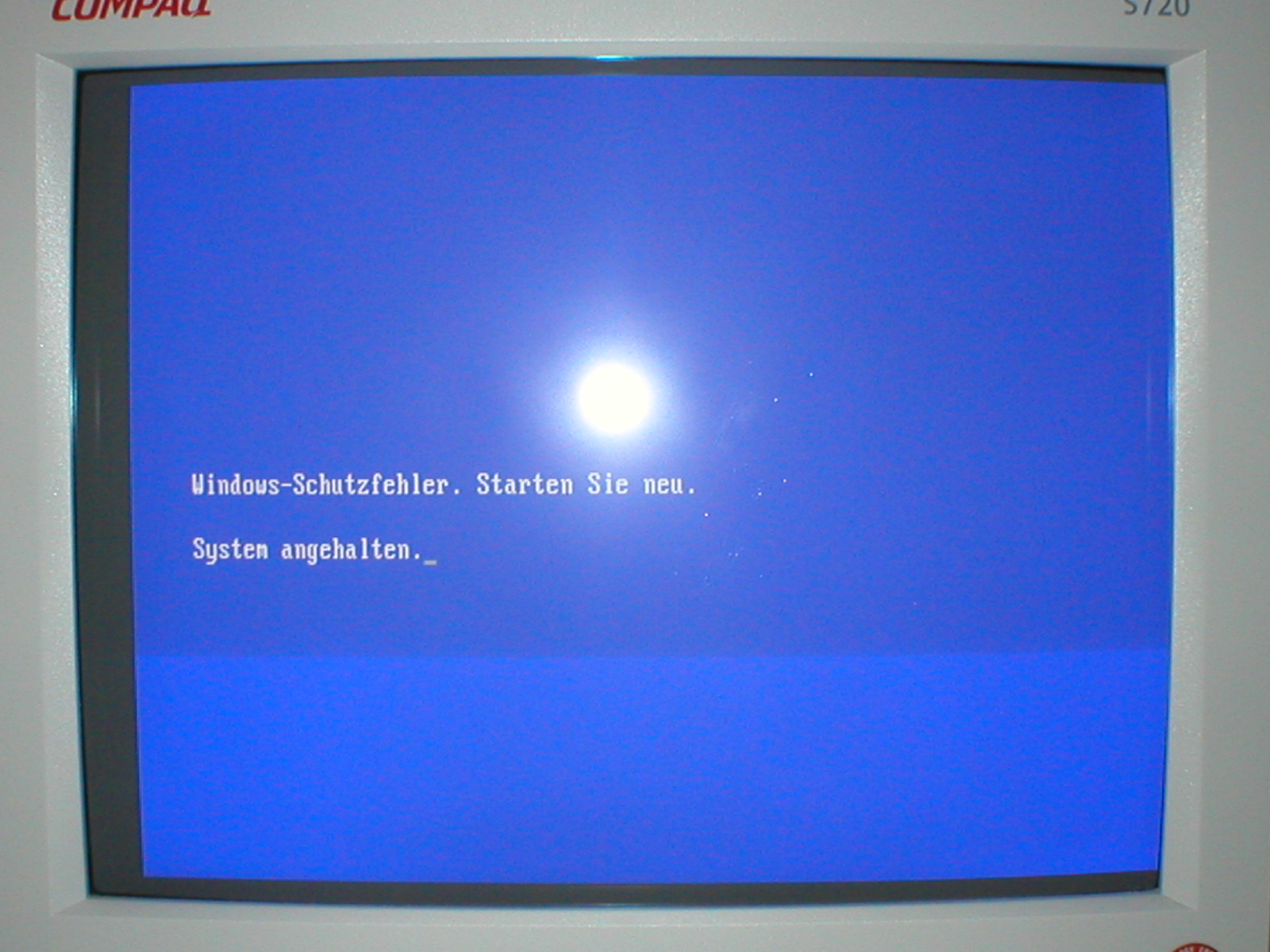Are you debating between Linux and Windows for your next operating system? Both are great choices, but there are certain tasks that Linux can do better than Windows. In this blog post, we’ll explore what these tasks are and why they make Linux the preferred choice for many users.

1. Open Source Nature
Linux is an open source software server, making it much cheaper and easier to use than Windows. What’s more, the open source nature of Linux means that users have the freedom to customize their OS to meet their needs. This is something that Windows cannot offer, as it is a proprietary product. With Linux, you can choose your own desktop environment, download the latest software packages, and modify the source code in order to create a personalized OS. This level of customizability is unparalleled in the world of operating systems and is one of the key advantages of using Linux over Windows.

2. Security
When it comes to security, Linux is generally considered to be a much more reliable and secure operating system than Windows. This is mainly due to Linux’s open source nature, which allows developers to find and fix any security vulnerabilities quickly. Additionally, Linux also offers built-in security features such as user authentication, file permissions, and encryption, which are not available in Windows. Furthermore, Linux also has a number of security tools such as firewalls and intrusion detection systems that help protect users from malicious attacks. All these features make Linux a much more secure platform than Windows.

3. Speed
When it comes to speed, Linux is the clear winner over Windows. It is much quicker, fast and smooth even on older hardware. Unlike Windows, Linux tends to minimize the ‘bogging’ when it comes to the use of multiple applications. In addition, it appears to show that Linux Mint is a fraction faster than Windows 10 when run on the same low-end machine, launching (mostly) the same applications.

4. Reliability
Linux is known for its reliability and has been a trusted operating system for many years. With its Unix-based structure, Linux is a powerhouse of stability and security. It’s designed to be fault-tolerant, meaning that it can detect and rectify any errors quickly and efficiently. It also has fewer memory requirements than Windows, making it more reliable in terms of performance. Additionally, the file names in Linux are case sensitive, which adds an extra layer of security when compared to Windows 10.

5. Design & Built-in Security
When it comes to design, Linux is ahead of the game. Its top-notch design, along with built-in security, results in un-parallel up-time. Even when new attack routes are discovered in Linux, the open source code ensures that it is quickly patched to protect users from any potential threats. This makes Linux a great choice for those looking for a secure OS.

9. Security & Protection
When it comes to security and protection, Linux stands out from Windows. It offers great speed and security, due to its open source nature. Furthermore, the Linux kernel offers some excellent built-in security defenses including the UEFI Secure Boot firmware verification mechanism, the Linux Security Module (LSM), and various encryption protocols. In addition, Linux systems are rarely infected by malware such as viruses, worms etc, thereby making it a very secure OS. Because of the constant updates and patches that are released for the Linux operating system, it is even more secure than Windows. So, if you’re looking for a secure operating system that can offer great speed and reliability, then Linux is the way to go.

10. Benefits of Using Linux Over Windows
The advantages of running Linux over Windows do not end here. Linux offers a wide range of benefits, such as free and open source software, improved security, increased speed, and higher reliability. Plus, Linux is designed with built-in security features that protect users from malicious attacks and viruses. Furthermore, with Linux, you can customize your system to match your specific needs and preferences. All these benefits make it an ideal choice for those looking to get the most out of their computing experience.